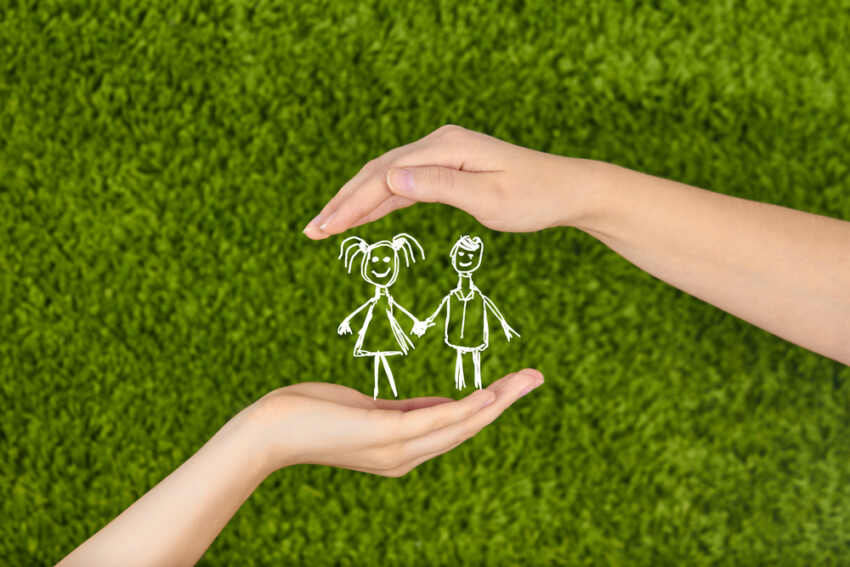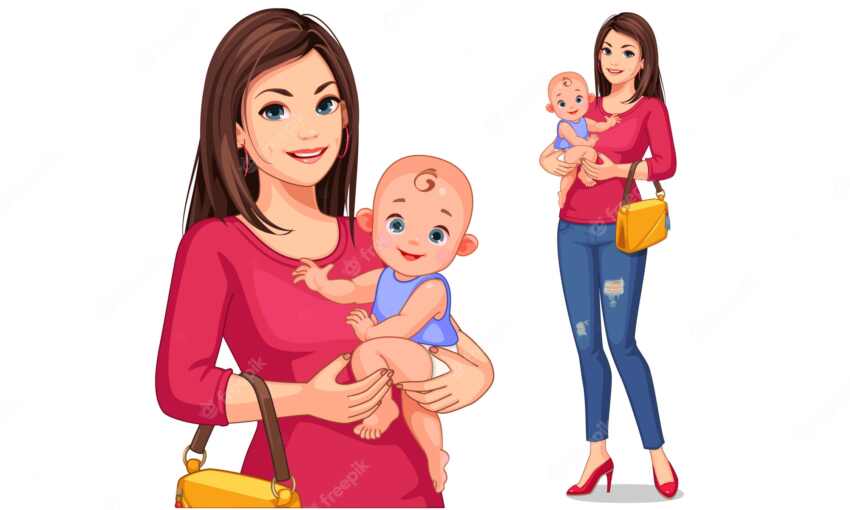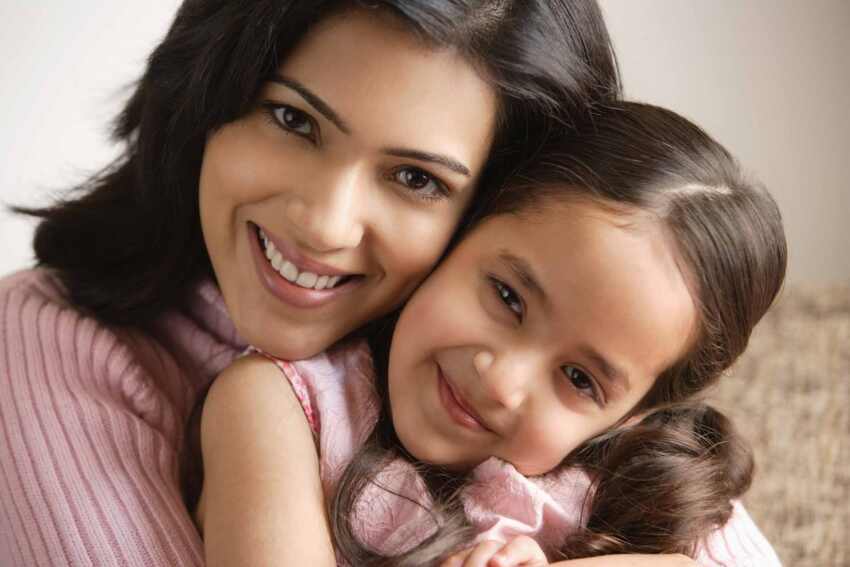Children’s rights refer to the fundamental human rights that belong to all individuals under the age of 18. These rights include, but are not limited to, the right to life, education, healthcare, protection from abuse and exploitation, and freedom of expression. In order to ensure a safe and nurturing environment for children, it is crucial to safeguard and protect these rights.
Overview of the Article
This article discusses the importance of safeguarding children’s rights, focusing on four main aspects: protecting children’s well-being, ensuring proper development, preventing abuse and exploitation, upholding equality and non-discrimination, and fostering participation and voice. It highlights the collective responsibility of individuals, society, and institutions in ensuring the well-being and rights of children.
2. Protecting Children’s Well-being
Your Child, Your Responsibility
Parents and guardians have the primary responsibility to safeguard the well-being of their children. This includes providing a safe and nurturing environment, meeting their basic needs, and promoting their physical, emotional, and psychological health. By prioritizing children’s rights within the family, we create a foundation for their overall well-being and healthy development.
The Role of Society and Institutions
While parents play a vital role, society and institutions also bear the responsibility of safeguarding children’s rights. Schools, healthcare systems, and social welfare organizations need to create child-friendly environments, implement policies that protect children, and provide support systems to ensure their well-being. Collaboration between families, communities, and institutions is essential to create a comprehensive child protection framework.
3. Ensuring Proper Development
Educational Opportunities
One of the key rights of children is access to quality education. Education not only equips children with knowledge and skills but also empowers them to exercise their rights and become active members of society. By ensuring inclusive and equitable education for all children, we set the stage for their personal growth, opportunities, and future success.
Physical and Emotional Health
Children’s rights encompass the right to access healthcare, which includes physical, mental, and emotional well-being. Timely medical interventions, mental health support, and counseling services enable children to grow into healthy and resilient individuals. Promoting healthy habits and nurturing emotional intelligence are crucial in guaranteeing comprehensive care for children.
4. Preventing Abuse and Exploitation
Addressing Child Labor and Trafficking
Child labor and trafficking are grave violations of children’s rights, denying them their basic human dignity and freedoms. By implementing effective laws, raising awareness, and providing rehabilitation services, we can combat these societal issues and ensure that children are protected from exploitation.
Protecting from Physical and Sexual Abuse
Children have the right to be protected from all forms of abuse, including physical and sexual abuse. Establishing child protection systems, reporting mechanisms, and providing support to victims and their families is essential in preventing and addressing these abuses. Society must work together to create an environment where children can grow and thrive without fear.
5. Upholding Equality and Non-Discrimination
Eliminating Discrimination
Children, regardless of their identity, background, or capabilities, have an inherent right to equality and non-discrimination. Eliminating prejudices, biases, and discriminatory practices paves the way for an inclusive society where all children are treated fairly and have equal opportunities for development.
Empowering Marginalized Groups
Efforts must be made to empower and uplift marginalized groups of children who face multiple forms of discrimination. This includes children with disabilities, those from minority communities, refugees, and those living in poverty. By addressing the specific needs and challenges faced by these groups, we ensure that no child is left behind.
6. Fostering Participation and Voice
Encouraging Active Citizenship
Children are not passive recipients of rights; they are active participants in society. Encouraging their participation in decision-making processes, fostering their sense of agency, and promoting an understanding of their rights enable children to become responsible citizens and advocates for their own rights and the rights of others.
Listening to Children’s Opinions and Perspectives
Valuing and respecting children’s opinions, ideas, and perspectives is crucial in safeguarding their rights. Creating channels for communication, ensuring their voices are heard, and involving them in matters that affect them equip children with the confidence to express themselves and contribute to creating a better future for themselves and generations to come.
The Collective Responsibility
Safeguarding children’s rights is a collective responsibility that requires the active involvement of parents, governments, institutions, and communities. By recognizing and protecting the rights of children, we create a society that values the well-being and development of its future generations.
The Future of Our Society
Investing in children’s rights and providing them with a nurturing environment fosters their growth into responsible, compassionate, and capable individuals. By safeguarding their rights today, we ensure that they become the leaders, innovators, and change-makers of tomorrow, contributing to a sustainable and inclusive society for all.
Nidhin
For More Details Call: +917510220582





